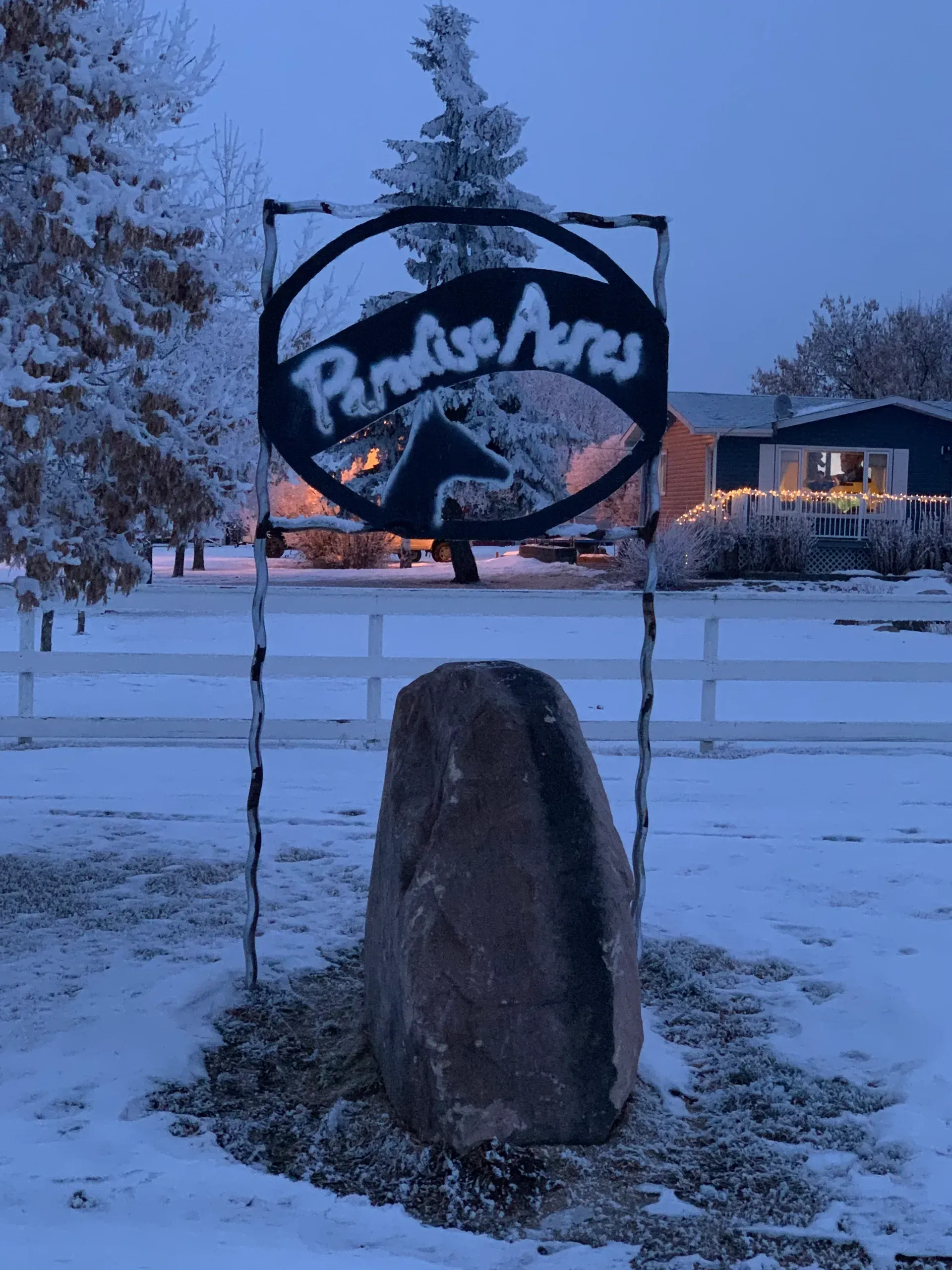FIND A COACH
The eal Advantage
Conditions &
Learners
EAL provides support to a diverse population in a variety of settings. Support can be provided to individuals, families, and corporations alike. And common conditions that EAL treats include but are not limited to:
- Individual Sessions
- Group Sessions
- Family Sessions
- Corporate/ Not for Profit Sessions
- Veterans
- Seniors
- First responders
- Disabilities (physical & mental)
- Youth mental health
- Adult mental health
EAL's ability to cater to such a wide spectrum of needs highlights its versatility and the profound impact it can have on improving the quality of life for many.
government aid
Financial Support for Learners
This program may be financially supported by the Government of Canada and bolstered by provincial initiatives. This support is designed to offer eligible individuals financial assistance for engaging in EAL programs. Please review the eligibility criteria to determine if you can benefit from this support. For more detailed information and to check your eligibility, you may visit the official government or relevant provincial websites.
Stables Nationwide
Find your Nearest Provider
Testimonials
Current Learners
Progressive Learning
Endorsed Research
We consistently support and engage in reputable and proven research, ensuring that our methods and approaches are not only effective but also ethically sound and scientifically validated. Our dedication to remaining at the forefront of therapeutic innovation is paramount, ensuring that our coaches and clients alike receive the most contemporary and effective care available. EAL acknowledges and endorses the specified research studies, confirming their validation and alignment with our organizational standards and protocols:




